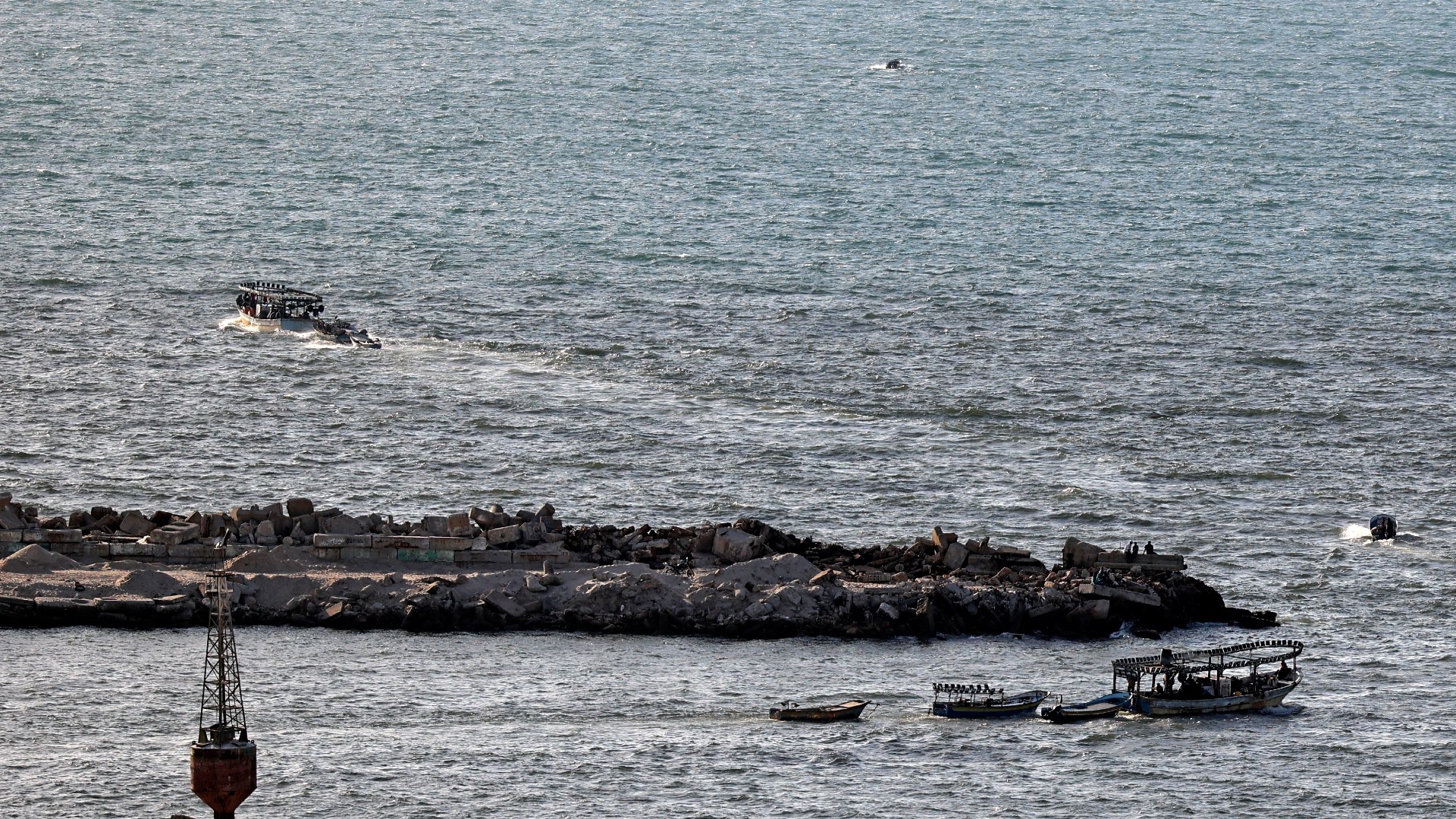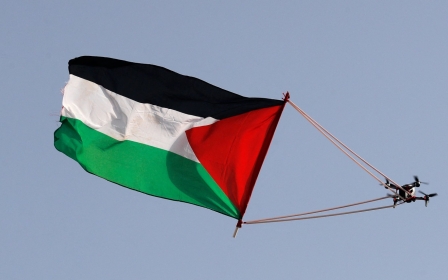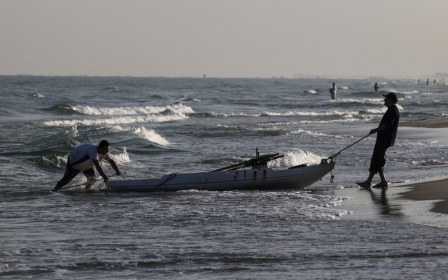Gaza: Four Palestinian fisherman arrested off coast by Israeli forces

Four Palestinian fishermen were arrested by Israeli forces off the coast of the besieged Gaza Strip on Saturday.
The Israeli military said it had apprehended four suspects after two Palestinian vessels strayed from their designated fishing zone in the northern Gaza Strip, "violating security restrictions".
The military added that the navy fired at the boats when they failed to respond to instructions to halt.
As part of Israel's land, air and sea blockade of Gaza, boats are not allowed to stray beyond a fixed limit to the north towards Israel, and Egypt keeps similar limitations to the southwest.
Nizar Ayyash, the secretary of the Gaza fishermen's syndicate, told Reuters that there were at least three Israeli attacks on Gaza fishermen on Saturday, all within the permitted area.
New MEE newsletter: Jerusalem Dispatch
Sign up to get the latest insights and analysis on Israel-Palestine, alongside Turkey Unpacked and other MEE newsletters
During one of the incidents, Ayyash said, Israeli forces fired rubber bullets at a boat, wounding two of the four people aboard, who were later hospitalised.
"We have recorded several violations against fishermen within the permitted fishing zone in the past weeks," he said.
In another incident, Israeli forces seized a small boat after detaining the two fishermen on board, he said.
Fishing is one of the biggest industries in the coastal enclave, home to some 2.3 million Palestinians.
Israel has maintained its crippling blockade of the Gaza Strip since 2007, which critics say amounts to collective punishment of the impoverished enclave's residents.
Egypt also upholds the siege, restricting movement in and out of Gaza on its border.
Middle East Eye delivers independent and unrivalled coverage and analysis of the Middle East, North Africa and beyond. To learn more about republishing this content and the associated fees, please fill out this form. More about MEE can be found here.




